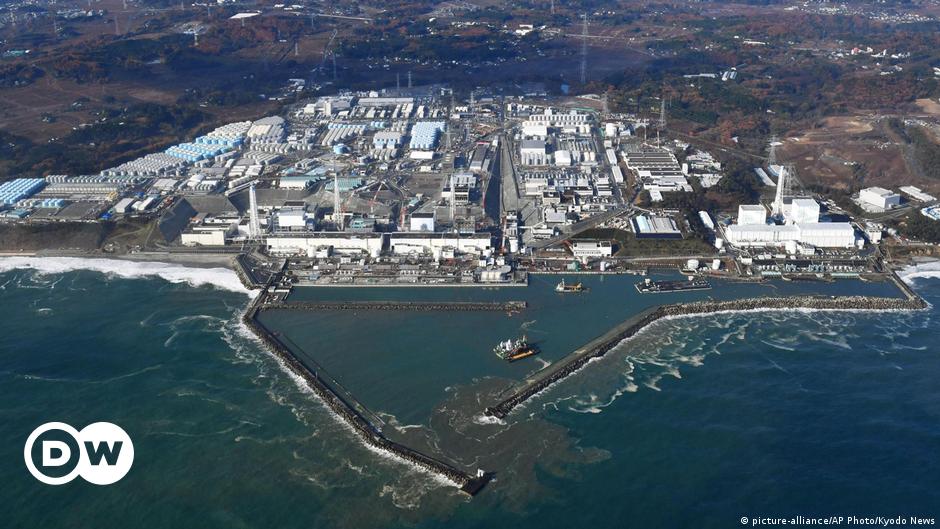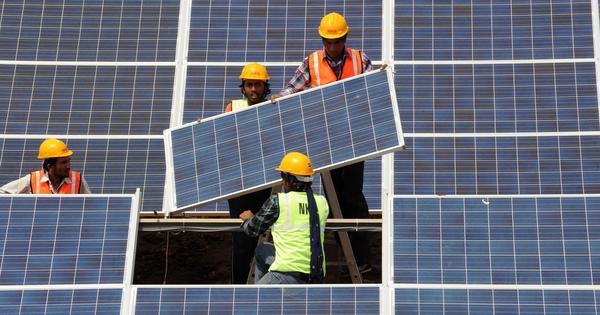nitin_g3
Adept
I was thinking that is it even possible to fulfil energy requirements completely by solar in a country or at very large scale.
We know that solar panels generate electricity during day time only.
What about night time?
And if solar can't fulfil energy requirements during night, how can we totally depend on solar?
If we look at other renewable sources like wind energy then we'll have to setup enough wind mills to fulfill energy needs at night.
And if we end up setting up enough wind mills which can fulfil energy requirements at night then there will be very less need of solar.
Is there any model in which there are no fossil fuel based power plants and which fully supports total energy requirements of a country?
This is an open forum and everyone is welcome to share their thoughts.
We know that solar panels generate electricity during day time only.
What about night time?
And if solar can't fulfil energy requirements during night, how can we totally depend on solar?
If we look at other renewable sources like wind energy then we'll have to setup enough wind mills to fulfill energy needs at night.
And if we end up setting up enough wind mills which can fulfil energy requirements at night then there will be very less need of solar.
Is there any model in which there are no fossil fuel based power plants and which fully supports total energy requirements of a country?
This is an open forum and everyone is welcome to share their thoughts.



